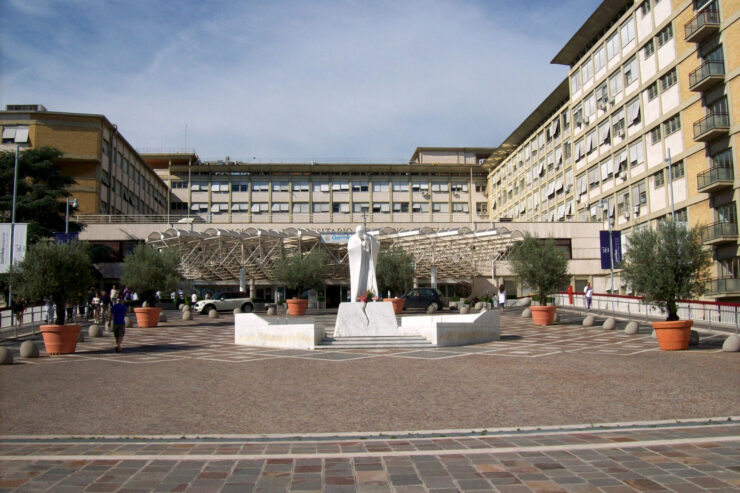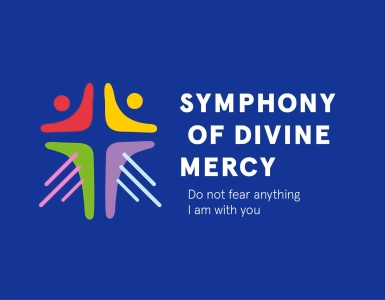Rome and the Vatican seemed to relive the atmosphere of the August events. And, for Karol Wojtyła it was something completely different. Even privately, he never spoke about John Paul I’s successor. But, somebody who knew him well could read from his face the anxiety he had in his heart. Perhaps because he learned that the influential Cardinal Franz König, Archbishop of Vienna, in meetings with other purples often mentioned his name. In the evening, on the eve of the conclave, he wanted to say goodbye to all the priests who lived in the college in Aventine, where he stopped when he came to Rome. It was a warm, fraternal farewell, during which his great tension and thoughtful gaze were noticed. The next day, I escorted the Cardinal to the Vatican. Earlier, we stop by the Gemelli polyclinic to visit Bishop Andrzej Maria Deskura, who had a stroke a few days earlier and was in intensive care. His condition was very severe, at that time he was still conscious. Many years later, Karol Wojtyła, as Pope, recalled Bishop Deskur’s unexpected illness, saying that it was a sign that gave him much to think about. In his life he had many more such signs. When he was supposed to go to the Cardinal Consistory, one of his closest friends, Father Marian Jaworski, had to substitute him and give a retreat for priests. During the train journey there was a terrible accident in which Father Jaworski lost his arm. Then, on the eve of the conclave, Bishop Deskur became seriously ill. As if his election as Pope, the Holy Father used to say, was somehow associated with the suffering of a friend. Then the conclave came. What happened there is covered by an oath of silence. We don’t know the details. Let us leave this to the Holy Spirit and to the wisdom of the Church.
With the consent of Cardinal Stanisław Dziwisz – “Testimony”.
TBA marketing communication Publishing House. Warsaw 2007





